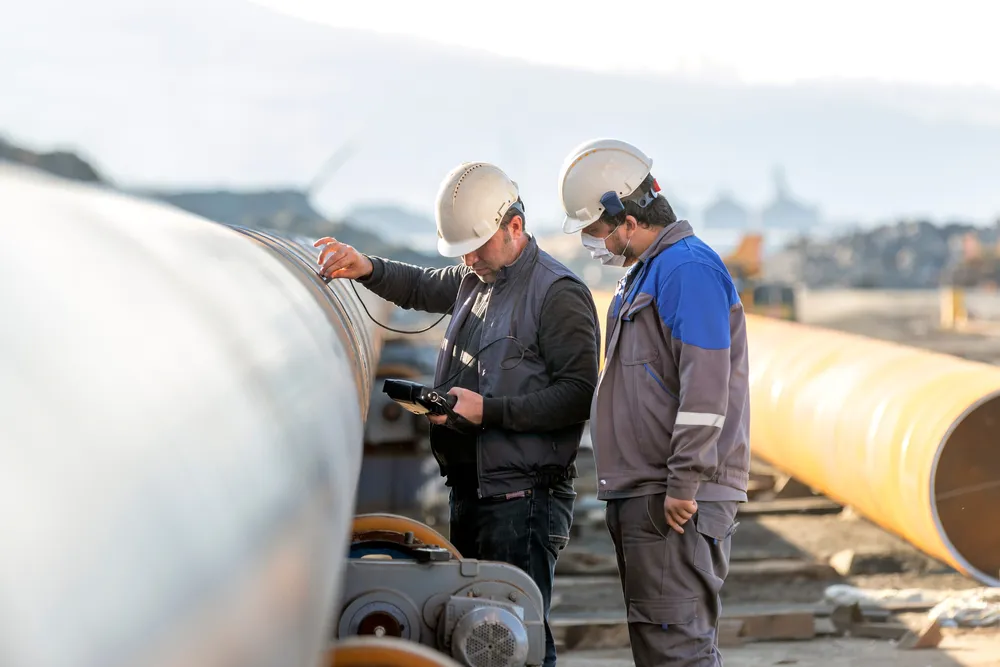Introduction:
Effectively managing and optimizing mature oil fields is critical in the oil and gas business. However, production from such fields is often on a natural decline and requires attention and strategic responses. Enter the Managing and Optimizing Mature Oil Fields course: this program focuses on how aging oil fields can be grown much more productively.
This includes addressing reservoir depletion, wear and tear of equipment, operational changes, and other reasons leading to the decline of the field. The curriculum covers Enhanced Oil Recovery Technologies, Reservoir Management, Diagnostic Technologies, and Data Analytics.
Participants will be trained to create and execute efficient management programs that handle problems related to aging oil fields. Solutions will address economic, environmental, and technological factors, focusing on achieving maximum recovery while minimizing operational and environmental costs.
This course is relevant for both experienced professionals seeking to broaden their knowledge and beginners wishing to learn the basics of mature oil field management. The growth of the oil and gas industry is associated with oil field management optimizations, such as the digital oil field concept, which will spearhead future field management. This program will help examine how such management can be conducted in a so-called ‘mature’ oil field, enabling participants to maximize benefits while reducing the time spent on operations, thus placing them at the forefront of this practice.
Objectives:
At the end of the Managing and Optimizing Mature Oil Fields course, participants should be able to:
- Identify the various challenges and opportunities in managing mature oil fields.
- Employ advanced methods for optimizing reservoir performance.
- Implement enhanced oil recovery methods effectively.
- Analyze and interpret production data to support decision-making processes.
- Develop maintenance and reliability strategies for equipment.
- Conduct economic evaluations incorporating field management.
- Identify and manage possible adverse environmental effects.
- Utilize advanced technologies to enhance field operations.
- Organize and administer projects and assets to enhance field productivity.
- Strengthen risk identification and management skills in mature field contexts.
Training Methodology:
- Lectures and presentations
- Case studies
- Group discussions
- Hands-on workshops
- Simulations and modeling exercises
- Data analysis exercises
Course Outline:
Unit 1: Geology and Reservoir Engineering of Mature Field Reserves
- Definition and characteristics of mature oil field assets
- Lifecycle stages of the field and production declines
- Key problems related to mature field management
- Extent of production loss when the reservoir is depleted
- Case studies of mature oil fields
- Economic aspects of field management
- The need for comprehensive and extensive field and historical data
Unit 2: Enhanced Oil Recovery (EOR) Techniques
- Classification of EOR methods: thermal, chemical, gas injection
- Designation of criteria for EOR method acceptance
- Design, construction, and management of EOR projects
- Control and improvement of EOR results
- Practical EOR case studies
- Engineering and economic issues of EOR
- Optimization of fields using EOR methods
Unit 3: Production Optimization Strategies for Operators of Mature Oil Fields
- Methods for increasing production in mature fields
- Implementation of data analytics and modeling
- Improvement of production facilities and equipment operation
- Construction and implementation of artificial lift
- Management and reduction of production costs
- Further research and enhancement of reliability
- Evaluation of risk mitigation approaches and methods for continuous improvement
Unit 4: Technology and Innovation in Field Management
- Eyemetric technology for field monitoring and management
- Digitalization and automation in field management
- Internet of Things (IoT) and smart heat desk sensors
- Artificial intelligence (AI) and machine learning
- Advantages and disadvantages of adopting new technology
- Examples of technology use to improve the performance of mature fields
- Future trends in oil field management
Unit 5: Economics and Environment
- Cost-effectiveness of available optimization options
- Cost estimation and analysis of mature fields
- Environmental issues associated with field activity
- Environmental measures
- Risk profiling
- Knowledge of relevant standards
- Plans for return on investment time


















